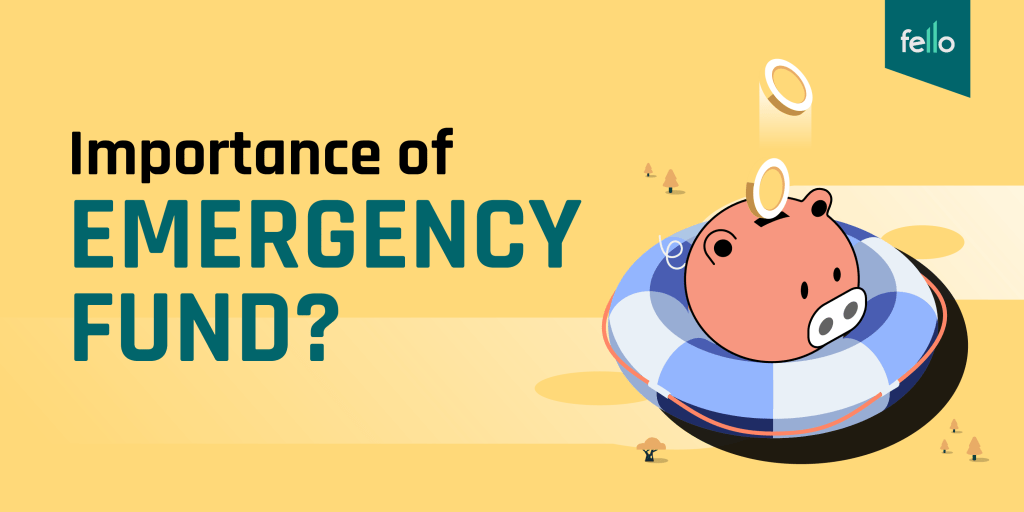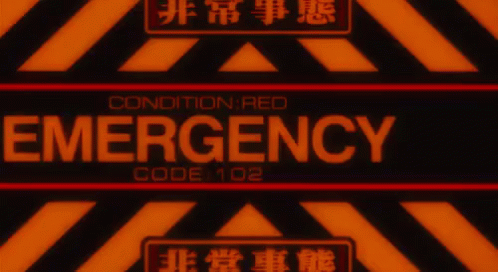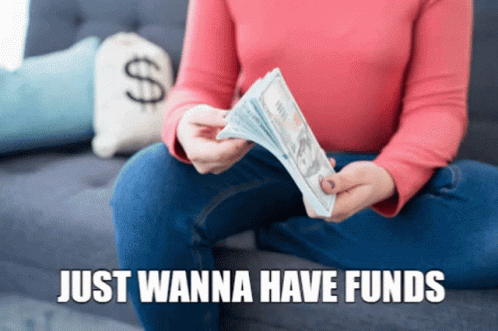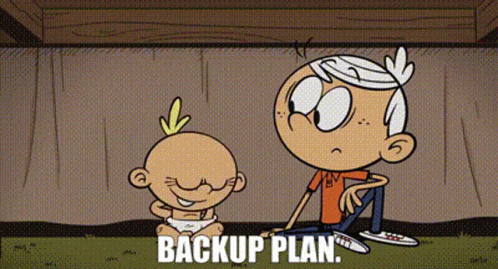
Have you ever made eye contact with a cashier while they ask you for money, knowing that there’s not a penny in your pocket? Probably not. But have you ever wanted to buy something expensive and had to settle for less because you didn’t have the money for it? If your answer is yes, you’re not alone. Every day, people face financial emergencies. It could be an unexpected medical expense or even a planned expenditure gone wrong, the lack of money to make emergency repairs or wanting to order pizza but not being able to. Financial emergencies come in many shapes and sizes. When they do, it always pays to have an emergency reserve or an emergency fund.

Now the question arises, what exactly is an emergency reserve? An emergency reserve or a contingency fund is a personal budget set aside to act as a potential safety net to meet unexpected expenses or mishappenings.
“But I’m earning a good salary and already have my expenses planned out. Why do I need an emergency fund?”
The purpose of creating an emergency reserve is to safeguard your finances. It keeps your savings intact in the unfortunate event of a financial shock. It’s important to have emergency savings in place. Ideally, the reserve should be able to sustain you for three to six months. We’re only as safe as how far ahead we’ve planned. So, some extra money will always come in handy on a rainy day.
Losing a job may be tough on you as well as your family. But if you have a reserve to get you through the tough times, you’ve already taken care of half the problem. Besides unexpected financial hardships springing upon you, an emergency fund will give you the confidence to take the leap of faith and try something new.

“Okay, that makes sense. How much money should I set aside for my rainy day fund?”
The answer to that question is a little less straightforward and is dependent on a lot of things. This includes your income, current expenses and saving habits to name a few.
- If you’re a two-income household, the reserve should be able to sustain you for at least three months.
- If it’s a single-income household or one where the income is relatively less predictable, it’s better to have a reserve catering to about six months worth of expenses.
- To cater to a potential change of job, the fund should be large enough to last you as long as you’re unemployed.
- Besides this, it’s better to factor in potential expenses that you may incur in the future. Always build a contingency plan with those in mind.
“So how should I save for my emergency fund?”
Your emergency reserve should be in a secure bank account or in the form of securities that provide high liquidity. Set a goal for the amount of savings you want and chart a plan to help you achieve that. It’s important to have specific, quantifiable milestones to be able to measure progress. The easiest way to start saving is to regularly invest in a mutual fund, digital gold or by simply setting aside a portion of your paycheck in a different account. The benefits? These investments will be highly liquid and will give you a passive income in the form of returns.

Emergency funds can typically be of two types — long-term emergency funds and short-term emergency funds. A long-term emergency fund is where you put money aside for large-scale crises, such as a severe natural catastrophe or an unexpected medical emergency. This fund should be invested in products that pay a little higher interest rate but may take a few days to liquidate. Short-term emergency funds are your go-to strategy in an emergency. Such a fund should pay modest interest but provide instant access, which in extreme cases might serve until you can access your long-term emergency assets.
In the end, setting up a reserve fund may require a few compromises. You’ll have to forgo a few presents for yourself, but it will all be worth it when you won’t lose your confidence even in times of financial distress. You may think it’s meticulous work to plan and invest and then keep track of your money, but it doesn’t have to be. With Fello, saving money for the rainy day is simple, fun, efficient and as easy as playing a game. Maximise your wealth, play games, win rewards. All of this and more, with Fello.
Explore everything about bonds – covered vs secured vs unsecured for portfolio diversification.
